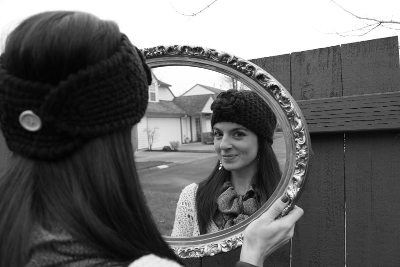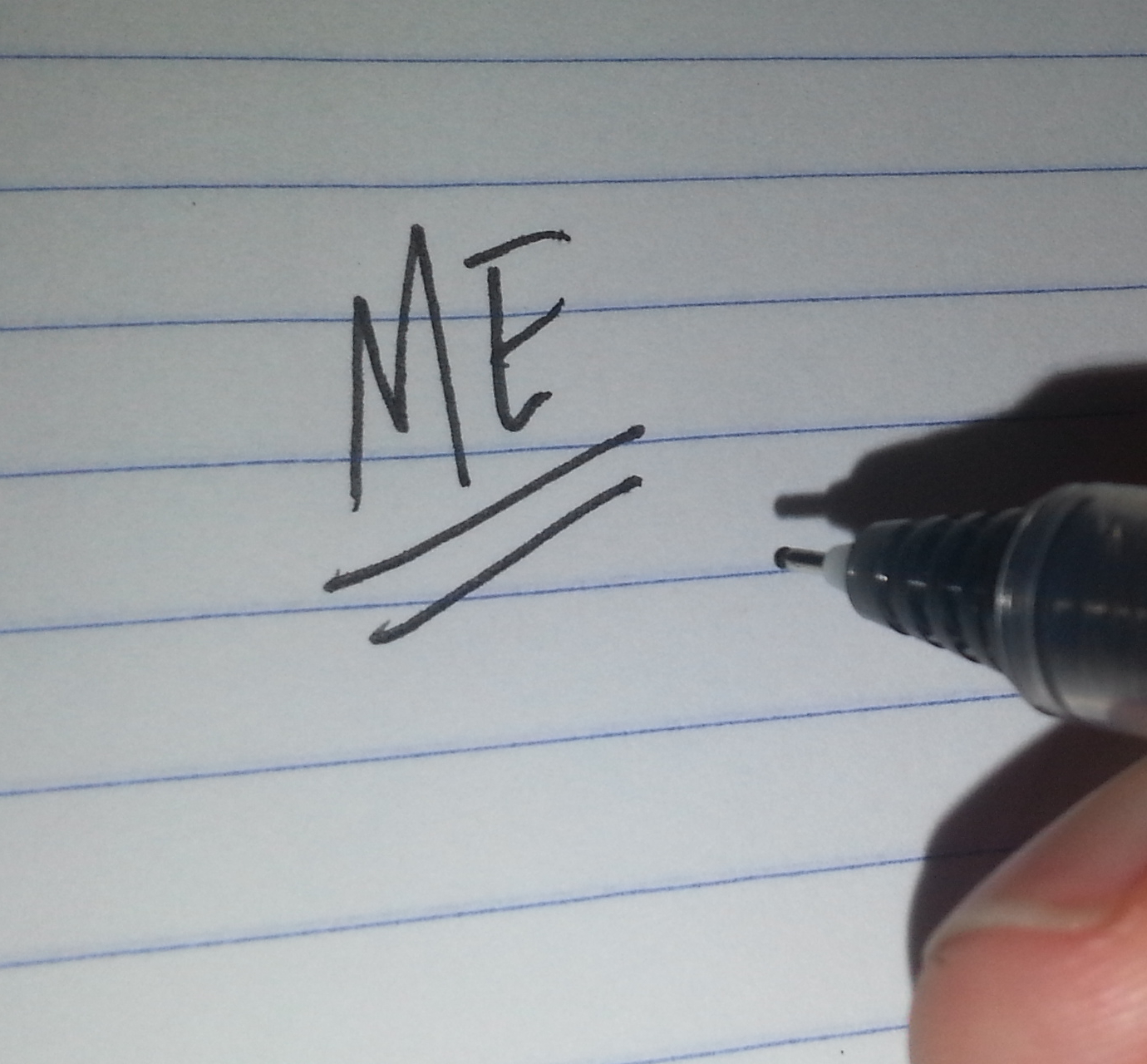Kay Cosgrove was awarded the 2011 John B. Santoianni Poetry Award from the Academy of American Poets, was the winner of the 2013 Writers Under 30 Contest from The Westchester Review and was a finalist for the 2013 New South Writing Contest. Her poems have appeared or are forthcoming in Barrow Street, Conduit, and EPOCH Magazine, among other journals. She is currently a doctoral student in the University of Houston's Creative Writing & Literature program, where she serves as an assistant poetry editor for Gulf Coast.
New Year's Resolution: Can The Writer Be Humble?
Kay Cosgrove
Jan 03, 2014
At this time of year, reflection and resolution feel as essential as scarves and hats, as prevalent and popular.

"Scarf, hat, reflection, in that order?"
For the writer, reflection, resolution, and seasonal accessories are a staple of any month of the year, but the New Year offers an especially exciting chance to consider how we have lived and how we might improve in the next twelve months. A chance to hit restart, refresh. A chance as pure as the first moment of snow. That is, before the inevitable occurs, and a dog pees all over our potential. Something like that, anyway.
In consideration of my own resolution, I've come to wonder if it's possible for the writer to resolve to be more humble. What does humility mean for us who feel called to share? We who must believe deep in our hearts we have something worth another's time. We who have the privilege to speak.
Writing is inherently a self-absorbed act. Even if we aren't writing about ourselves, we are, and we know it.
 |
The speaker isn't me! But the speaker also is me, obviously. When one picks up a pen or touches the keypad, some part of himself leaks out onto the page, obviously. Obviously. It is the story of Narcissus on repeat.
And so. What does the humble writer of 2014, the one in the winter cap, look like? Is she merely a myth or does she have flesh and blood? Can the writer truly be humble?
In a workshop this past fall, the poet Martha Serpas shared with my colleagues and me an insight on humility. "It means," she said, "not only a modest estimate of one's ability, but implicitly an acknowledgement of what one does well. It is not self-depreciation. It is not gloating." Something like that, anyway.
The Oxford Dictionary gives a few common phrases associated with the word humble:
"Eat humble pie"
"My humble abode"
"Your humble servant"
It seems to me that each of these sayings, familiar enough to be interesting, do imply that something is good, something is working. The pie is tasty. The house--even if small--is clean. I am offering myself to you as an act of service, but let's face it, we're both human. I'm doing this to be nice.
If Martha is right (and I suspect she is), humility is a kind of paradox. It is both this and this. A contradiction. And how appropriate for the writer who must both love herself and hate herself enough to even engage in the art. As our collective grandfather Walt Whitman once wrote: "Do I contradict myself? Very well, then I contradict myself."
It's like a New Year's resolution, really, this idea that to be humble means to be aware of and confident in what we do well, but also self-aware enough to know how and where we might improve. And maybe this is the answer, what we really learn in workshops, what we are really practicing when we sit down to write. I do this well, I can do this better.
 "Scarf, hat, reflection, in that order?"
For the writer, reflection, resolution, and seasonal accessories are a staple of any month of the year, but the New Year offers an especially exciting chance to consider how we have lived and how we might improve in the next twelve months. A chance to hit restart, refresh. A chance as pure as the first moment of snow. That is, before the inevitable occurs, and a dog pees all over our potential. Something like that, anyway.
In consideration of my own resolution, I've come to wonder if it's possible for the writer to resolve to be more humble. What does humility mean for us who feel called to share? We who must believe deep in our hearts we have something worth another's time. We who have the privilege to speak.
Writing is inherently a self-absorbed act. Even if we aren't writing about ourselves, we are, and we know it.
"Scarf, hat, reflection, in that order?"
For the writer, reflection, resolution, and seasonal accessories are a staple of any month of the year, but the New Year offers an especially exciting chance to consider how we have lived and how we might improve in the next twelve months. A chance to hit restart, refresh. A chance as pure as the first moment of snow. That is, before the inevitable occurs, and a dog pees all over our potential. Something like that, anyway.
In consideration of my own resolution, I've come to wonder if it's possible for the writer to resolve to be more humble. What does humility mean for us who feel called to share? We who must believe deep in our hearts we have something worth another's time. We who have the privilege to speak.
Writing is inherently a self-absorbed act. Even if we aren't writing about ourselves, we are, and we know it. 

Comments (0)
Add a Comment